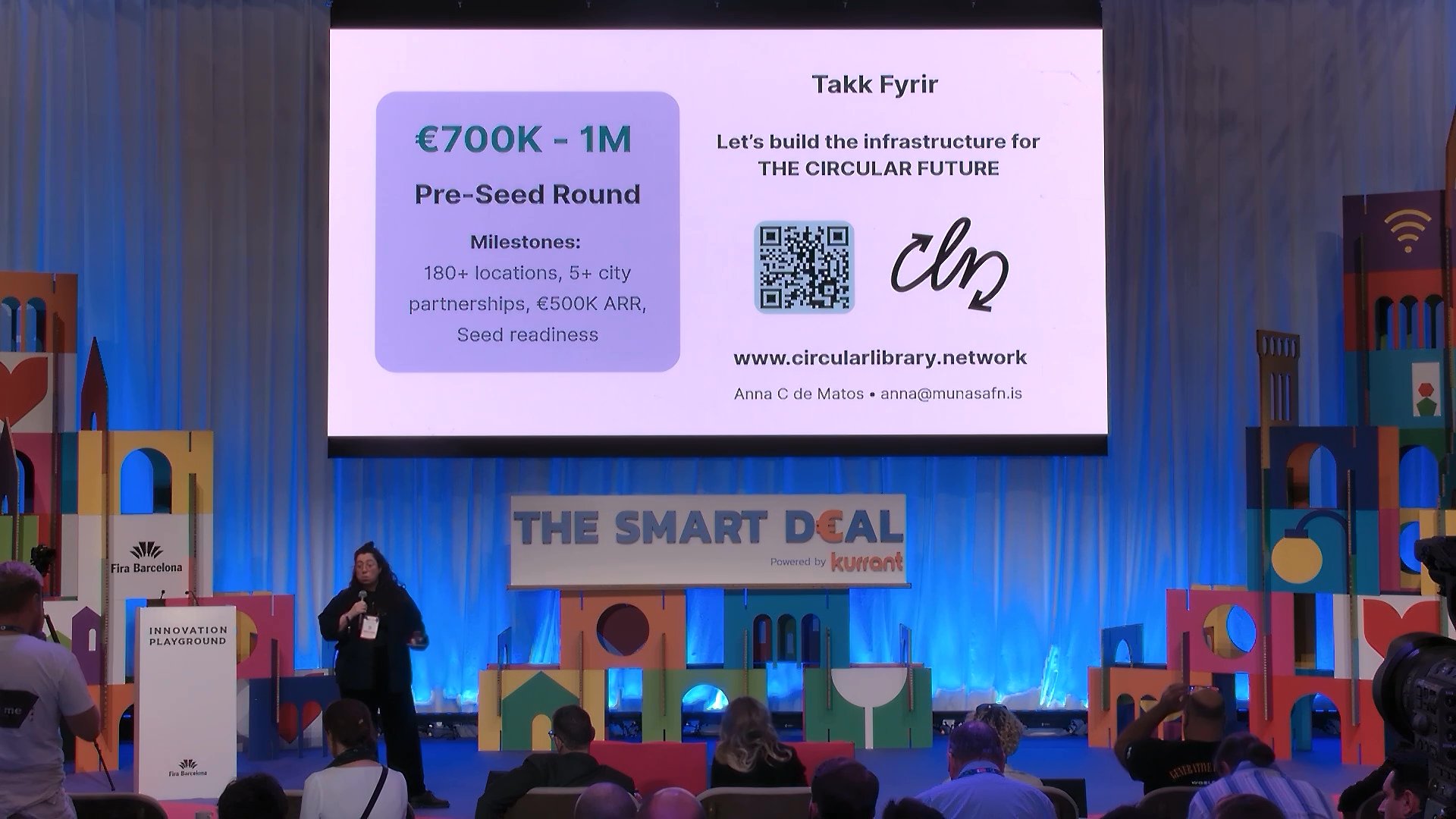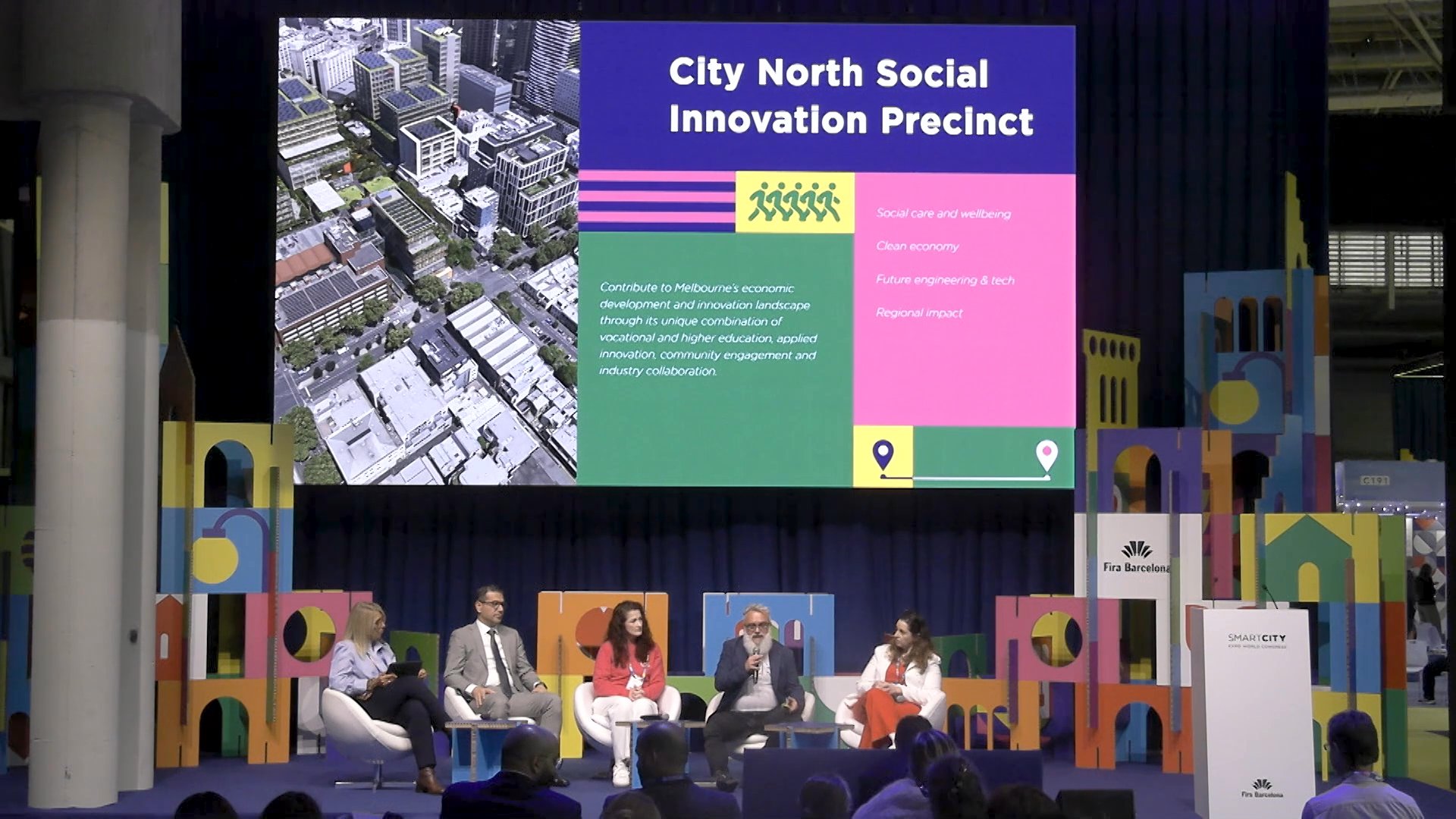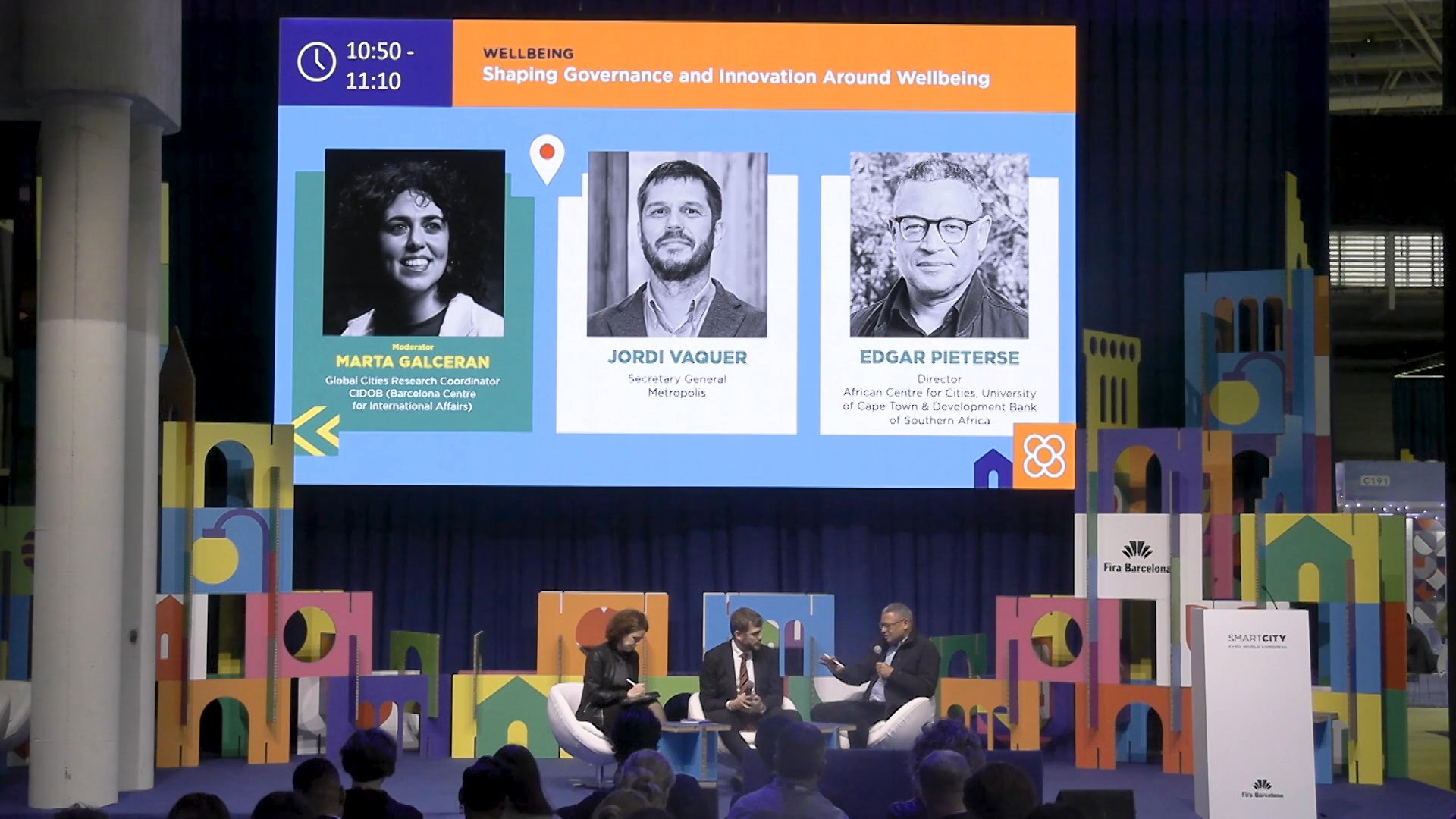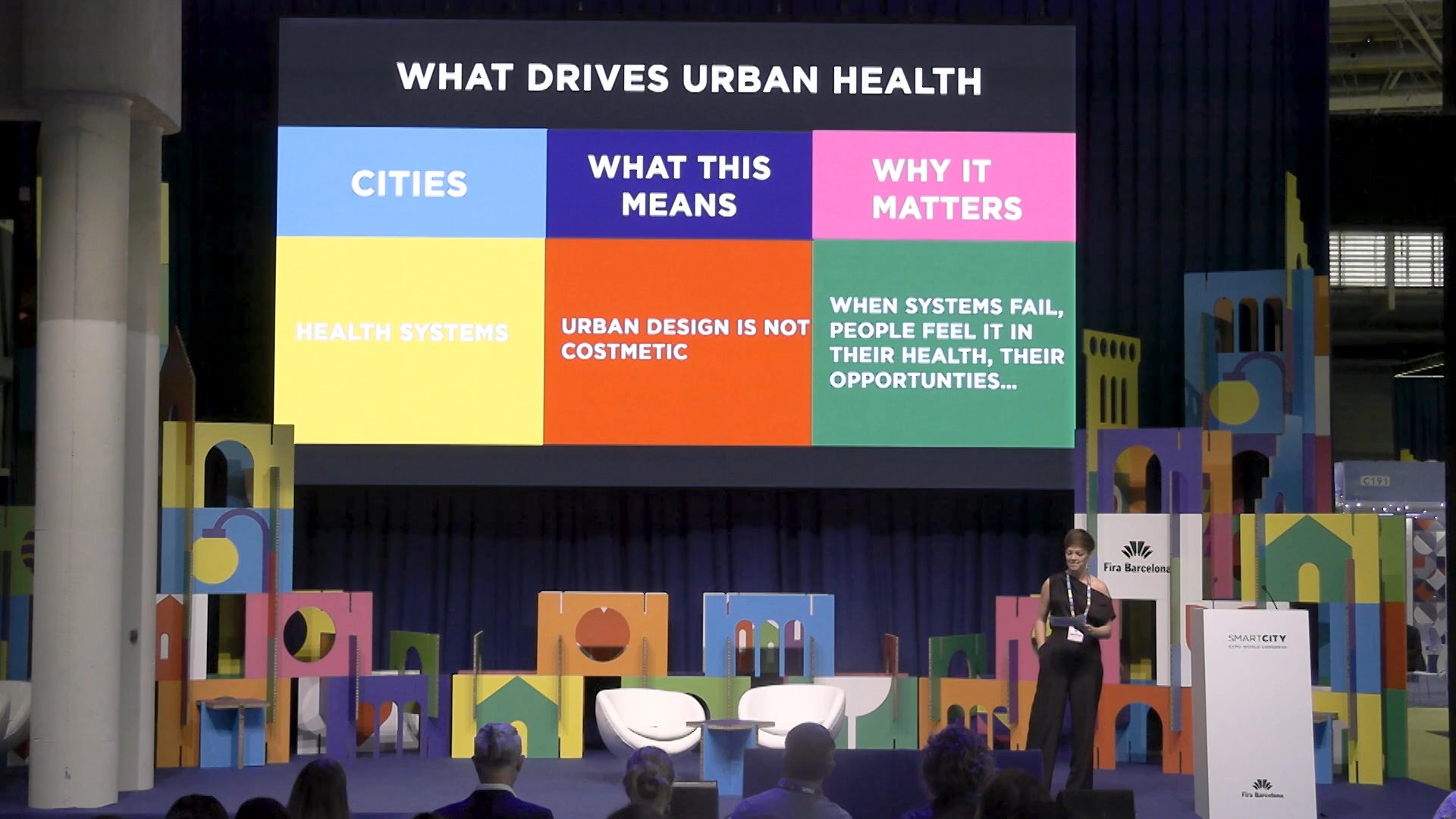Author | Raquel C. Pico
Digitalization has become the defining revolution of the 21st century, so it comes as no surprise that the digital transition is impacting all sectors. No scenario is untouched by its potential benefits, and none escape the need to update methods, incorporate new tools, and rethink how things are done. For the healthcare sector, this means embracing the concept of smart hospitals, along with all that it entails, from advanced medical technology to innovative patient service models.
The transformation process is already underway, as evidenced by global investment figures. In 2023, the global smart hospital market was valued at $57.35 billion, and according to a study by Research and Markets, it is projected to reach $187.2 billion by 2030. But what exactly do we mean when we refer to a smart hospital?
What is a smart hospital and how is it managed

The most straightforward aspect of the equation is technology. When the term “smart” is applied to something, it indicates that a layer of technological tools has been added to enhance its features. Therefore, a smart hospital can be defined as one that utilizes IT tools to optimize medical treatment. That is, advanced medical technology for modern healthcare.
The list of medical technology solutions used is extensive. Artificial intelligence enables the rapid analysis of vast amounts of data, automation streamlines processes and eliminates time wasted on less critical tasks that would otherwise occupy healthcare personnel’s entire workday, while the Internet of Things turns various devices into tools connected to healthcare services and the well-being of citizens.
All of this along with the optimization of prior solutions and data sources: hospital records and their vast amounts of data must be digitized so that medical files become valuable sources of information to support medical treatments. Similarly, digital transformation paves the way for telemedicine, which can include everything from remote consultations to even remote surgeries, facilitated by the high navigation capabilities of 5G. Medical technology is being optimized and upgraded.
The integration of all these elements requires a shift in hospital management. Firstly, having a CIO specializing in system administration, cybersecurity, and other technological disciplines has become essential. Hospitals and healthcare systems must maintain an active IT strategy that is continuously updated. However, smart hospitals also transform healthcare for individuals by promoting patient-centric care.
Benefits of a smart hospital for the community
Perhaps that is the greatest benefit a smart hospital offers to a community: its ability to enhance preventive medicine, focus on the unique needs of each individual, and free up time for healthcare personnel. As a result, healthcare becomes much more patient-centric, with a stronger emphasis on addressing the specific needs of patients.
As highlighted in an analysis by McKinsey, hospitals are shifting from focusing solely on treating diseases to performing comprehensive “health management.” The case of Singapore and its healthcare strategy serves as a paradigm of this new vision for healthcare. The city’s approach to healthcare is holistic, encompassing everything from urban planning to addressing loneliness. Healthcare management is more proactive than passive, with medical technology forming the foundation of this transformation.
However, the impact of smart hospitals extends even further. There is a shift in the model, where the hospital is no longer the central focus but becomes the heart of a healthcare network that functions as a connected system, with numerous valuable components in modern healthcare. Many countries and cities opting for the digital healthcare transformation are simultaneously improving primary healthcare.
Similarly, the use of data and technological tools in smart hospitals enables improvements in quality and outcomes, such as reducing diagnostic errors and minimizing hospital-acquired infections—an ongoing global healthcare challenge—among many other benefits. Improved efficiency is also evident, reducing long waiting times and preventing overcrowded waiting rooms. This is achieved by optimizing patient flow through automated appointments, real-time monitoring, and predictive analytics.
Hospitals are connected to the urban ecosystem, which helps improve response times and anticipate potential problems.
Hospitals for the 21st century world

This is the case with pollution. In the City Brain smart city project in Hangzhou, China, artificial intelligence is used to monitor traffic and pollution, reducing traffic congestion and redirecting vehicles. This enables a range of healthcare benefits to be realized.
Firstly, by collecting data on air pollution, preventive actions can be taken. Secondly, by reducing road congestion, emergency response times have improved, dropping by 50% since the implementation. Emergency systems are a key component of smart cities and play a crucial role in optimizing healthcare.
Other initiatives are aimed at improving access to information, thereby enhancing the everyday lives of people. An example of this is seen in Spain with healthcare prescriptions. The public healthcare system uses electronic prescriptions that are accessible at any pharmacy and compatible across different regional healthcare systems. This is a significant improvement in the quality of life for people with chronic diseases, for example, who can travel without worrying about accessing their medications. They no longer need to visit their healthcare center regularly to renew prescriptions, as was required in the past.
In Houston, Texas, the city has optimized its medical technology infrastructure by digitalizing real-time access to healthcare data through the Smart Hospital project. As a result, patients can access their healthcare records at any hospital throughout the city. Similarly, with the integration of sensors and Internet of Things (IoT) technologies, patients can now be monitored in real time.
Smart benefits to address major challenges
The hospital of the future will be a “hospital without walls,” according to a recent report by Deloitte. With the advent of 5G connectivity, digitalized clinical records, and advancements in remote healthcare, the need for centralizing services in a single physical space will be significantly reduced. The mounting pressure to reduce healthcare costs, coupled with the increasing demand for healthcare to address various aspects of life, will further drive this shift.
Ultimately, the key question is whether the most significant advantage of the smart hospital lies in its ability to address the challenges of modern society. The evidence appears to support this perspective.
Global healthcare is grappling with challenges such as workforce shortages and rising costs, all while the aging population continues to escalate the demand for healthcare services. Smart hospitals have the potential to address these challenges effectively. McKinsey estimates that, through the use of artificial intelligence, machine learning, and deep learning, global healthcare spending could be reduced by $200 billion to $360 billion. Smart hospitals offer substantial cost savings and economic benefits as one of their primary advantages.
However, these are not the only benefits, which is why the adoption of smart hospitals is on the rise and the transformation of healthcare is becoming increasingly vital. Its additional benefits include improved outcomes: greater cost efficiency is accompanied by enhanced services and a greater impact on overall health.
For cities, these advantages are intrinsically linked to the broader challenges they are currently facing. The transition to smart cities has turned them into continuous sources of data, which can be leveraged to enhance public health.
Images | Krisada tepkulmanont/iStock, Irwan/Unsplash, National Cancer Institute/Unsplash






















































